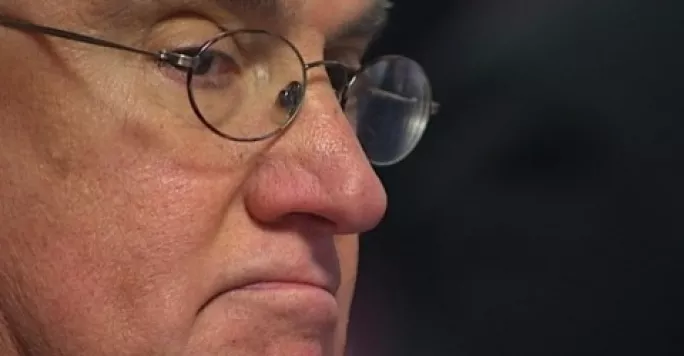Ofsted: Shorter and more frequent check-ups for ‘good’ schools in overhaul of inspections
Ofsted will carry out shorter, more frequent school inspections, with all inspectors to be directly employed by the watchdog, under sweeping reforms being announced today.
Chief inspector Sir Michael Wilshaw (pictured) will unveil the full plans at the Association of School and College Leaders’ (ASCL) annual conference in Birmignham this afternoon, but this morning he said that the radical changes would allow inspectors to focus more time on underperforming schools.
He said there was “little point” in sending inspectors to visit “good” schools every five years; rather, those schools would receive more frequent but shorter visits from Her Majesty’s Inspectors (HMIs).
The only schools to be subjected to full inspections would be those in the bottom two categories, “requires improvement” and “inadequate”, with those on the cusp on achieving “outstanding” also receiving longer inspection visits.
“What we are saying is there is little point in a team of four or five inspectors turning up once every five years, or seven years if it’s a converter academy, and confirming what the school already knows and what the data already says, that it’s a good school,” Sir Michael told told BBC Radio 4’s Today programme.
“We would much rather use inspection resource, and particularly HMI resource, in those schools that really need stronger intervention and more days in them, schools that are in special measures and schools that require improvement.
“So what we are suggesting now is that a good school receive an inspection of a one-day visit of a HMI once every two years.
“That HMI will discuss the data with the headteacher and the governors of the school and the senior staff, engage in a professional dialogue with the school and engage in a judgment whether the school is still a good school.”
He added that Ofsted would move “incrementally” to directly employing all inspectors itself.
The move was welcomed by ASCL general secretary Brian Lightman, who said that the changes largely reflected what his members were calling for.
The announcement follows widespread debate about the future of the inspectorate. A report by think tank Policy Exchange published on Monday called for an end to lesson observations, as well as scrapping the use of privately-contracted inspectors.
Currently, three private firms employ around 3,000 inspectors, compared to fewer than 400 who work directly for Ofsted.
The Policy Exchange report argued that many of the additional inspectors “lack the necessary skills, especially the ability to analyse data, or the experience or specialist knowledge in primary or special needs teaching”.
A TES/ASCL survey of secondary school leaders published today found that 65 per cent of respondents said that they did not have confidence in Ofsted to make “accurate and reliable” judgments.
In addition, 56 per cent of school leaders said that they were less happy in the job than 12 months ago, which Mr Lightman partly attributed to the “climate of fear” caused by inspections.
Earlier this week, Ofsted also announced that schools will be given separate grades for their sixth forms and early-years’ provision.
Keep reading for just £1 per month
You've reached your limit of free articles this month. Subscribe for £1 per month for three months and get:
- Unlimited access to all Tes magazine content
- Exclusive subscriber-only stories
- Award-winning email newsletters




